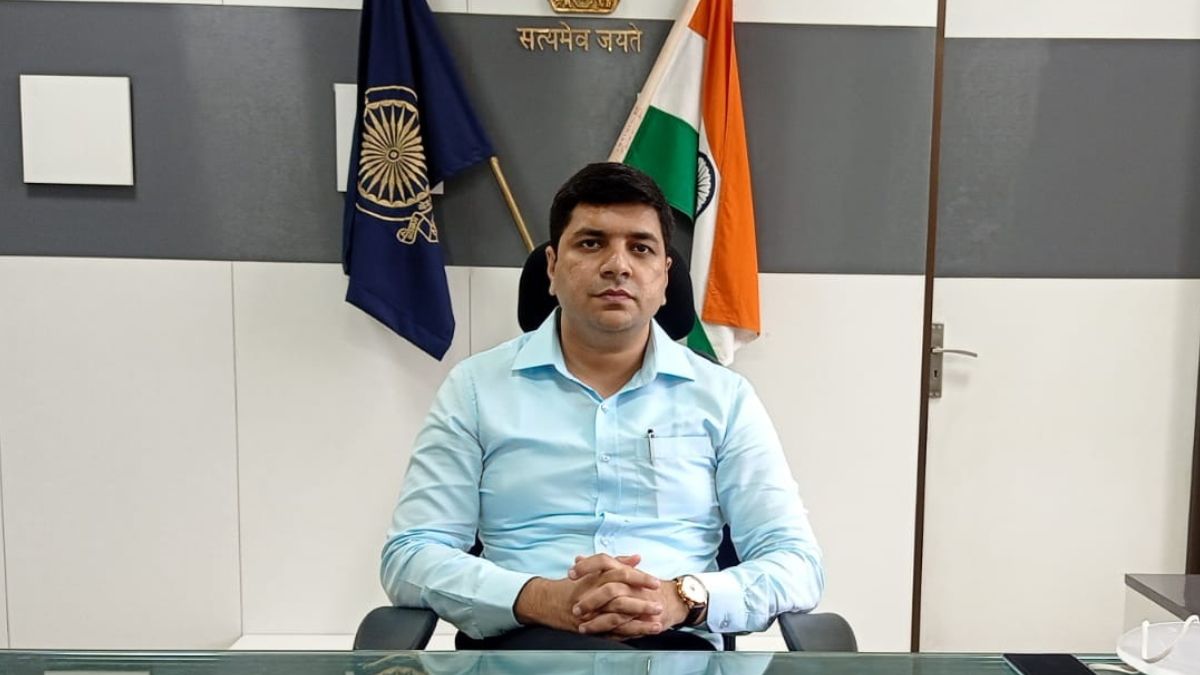Surat District Collector Reprimanded over land scams
Dr. Saurabh Parghi got involved in controversy after allowing the NA (Non-Agricultural) conversion of Surat Parsi Panchayat land, purportedly against a Gujarat High Court decision

Advertisement
Surat : Following an explosive scandal involving former Surat district collector Ayush Oak, the Surat district collector’s integrity is under close examination. Alleged participation in several land scams involving government assets by Oak has led to strong criticism and resulted in an ultimatum directed on the present district collector, Dr. Saurabh Parghi, from Gujarat’s Additional Chief Secretary (ACS) Manoj Kumar Das. Das has strongly advised Parghi to avoid any illicit behavior including dishonest techniques.
ACS Das underlined the need of vigilance in managing issues involving non-agricultural land, government land tenancy, and land allocation processes during an online conference with all district collectors in Gujarat. The conference sought to eradicate any possibility for misbehavior and strengthen the adherence to accepted norms.
According to sources, Surat Collector Dr. Saurabh Parghi got involved in controversy after allowing the NA (Non-Agricultural) conversion of Surat Parsi Panchayat land, purportedly against a Gujarat High Court decision. There have been major effects of this choice inside the Gujarat government. ACS Das responded by criticizing Dr. Parghi for his careless behavior and underlining the need of carefully going over all records before allowing clearances.
There were various administrative modifications carried out after the conference. Originally assigned to the NA branch in Surat, YC Patel, a mamlatdar, was moved to a remote village in Umarpada inside the Surat district. Three other mamlatdars from the NA department were also sent to far-off locations in Mandvi and Udhana, indicating a more general attempt to minimize possible corrupt activities.
According to sources, public access to the district collector’s office for land-related concerns will henceforth be limited to twice a week—more especially, on Mondays and Thursdays. Given previous occurrences, this policy is probably meant to improve supervision and simplify processes.
Advertisement

